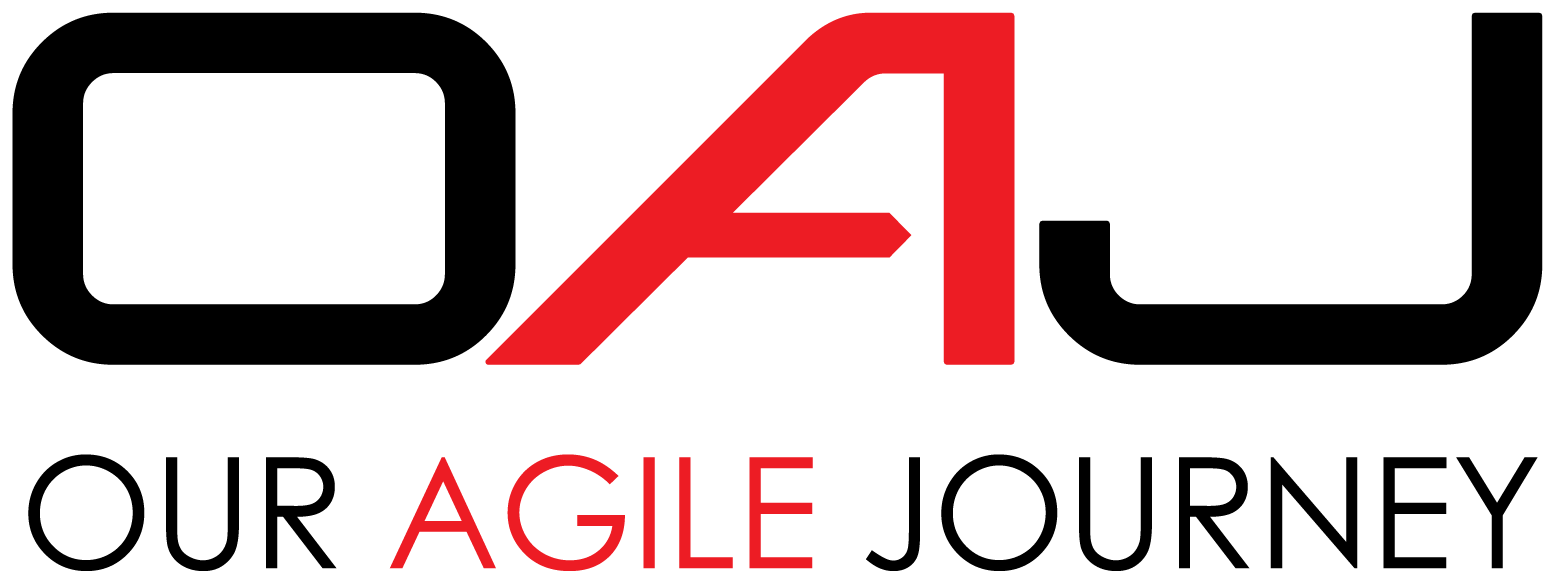Experience or Certification?

While LinkedIn seems to have a low signal to noise ratio there are some good discussions. I think part of the problem is people like me. I’m willing to put myself out there. I try very hard not to miss-inform people as I learn, but I may make mistakes on occasion. The important thing to me as a creator is that I want to “own my thoughts.” As a reader on LinkedIn I’m leery of external links and people posting back to their own blogs. I’m generally willing to click it and see, but find myself more sensitive to sales and corporate sites this way than via other blogs.
All this is to say that it seems the always popular subject of Certifications versus Experience has come up recently. The responses are pretty much what you would expect from industry professionals. Experience is what really matters. Certifications don’t mean a person is good at a job. A general feel that certifications mean you can study for and pass a test, and not necessarily much else.
There was the usual concession that certifications are good for getting past “the HR filter.” I did find the idea that any company with certifications as part of an HR filter is one you wouldn’t want to work for. I appreciate the sentiment. I imagine most of the positions that can circumvent “the filter” are found via word of mouth and friends though. Without proper connections that HR filter is likely to be a reality for most.
My take is pretty simple. Steady growth along the path seen as “normal” in a given company will not generally require certifications. In smaller companies “normal” is usually a lot broader than in large companies. For instance, a start-up with 50 employees will likely feel that a developer moving to architect, senior development, people management, or project management are all valid paths. A large corporation employing 15,000 people across three cities might feel that developers are going to either become architects or senior developers. They may feel that project management or scrum mastering require special training and certification. In one company Certification doesn’t matter. In the other it opens doors to new areas of the company.
Moving from one job to another is a different story. When I was involved in hiring decisions in the past we needed to filter applicants in some way. We needed to fill one position and taking the time to read over 200 resumes was just not in the cards. How did we filter? Certifications and experience. At the time I was working CIT, so we looked at the CompTia A+ certification as essentially a high school diploma. If they didn’t have that, but had some Microsoft certifications we figured that would be fine. This was for our junior position. If we didn’t get a decent number of applicants with those filters our next move was going to be people with more experience, but we didn’t get there. We didn’t want a senior person because of the work they would be doing and the chance to mold them. Later we hired a more senior position. For this one certifications weren’t as important, but experience was. We didn’t care if they had the A+, but they needed to have worked in an environment similar to ours for at least five years. If we had to open to more applicants at this point we would have looked for people who had some experience and certification. Essentially, we looked at certifications as equivalent to some level of experience.
Today’s landscape, and my career path, is different from the hiring decisions of that time. If I was looking for someone on our team today I would want a combination of software development experience and education. Think of it this way, who really questions the “degree or 2-4 years relevant experience” statement? Certifications are essentially small associate degrees. As long as you know the value brought in by a given certification you can do the math in your head.
When it comes to Agile I’ll look at someone with a CSM or PSM 1 certification as having a little more experience than their actual work experience. The PSM 1 is a great example of this. you can get it without taking a class, but you need to have the knowledge. This can be gained either through study (education) or doing (experience), but usually is a combination of the two. All of this really just gets the interview started.
I feel that once people are in the conference room for an interview they should be on equal ground. Someone with no certification and 10 years of team lead experience might be a great coach. Same goes for the ICAgile Coach with the ICP-ACC and ICP-ATF with only a year of leadership experience trying to gain experience for their ICE-AC. If you only look at experience or certifications you will not get to interview both of them.
Would you consider a certification as education similar to relevant experience? Why or why not?


